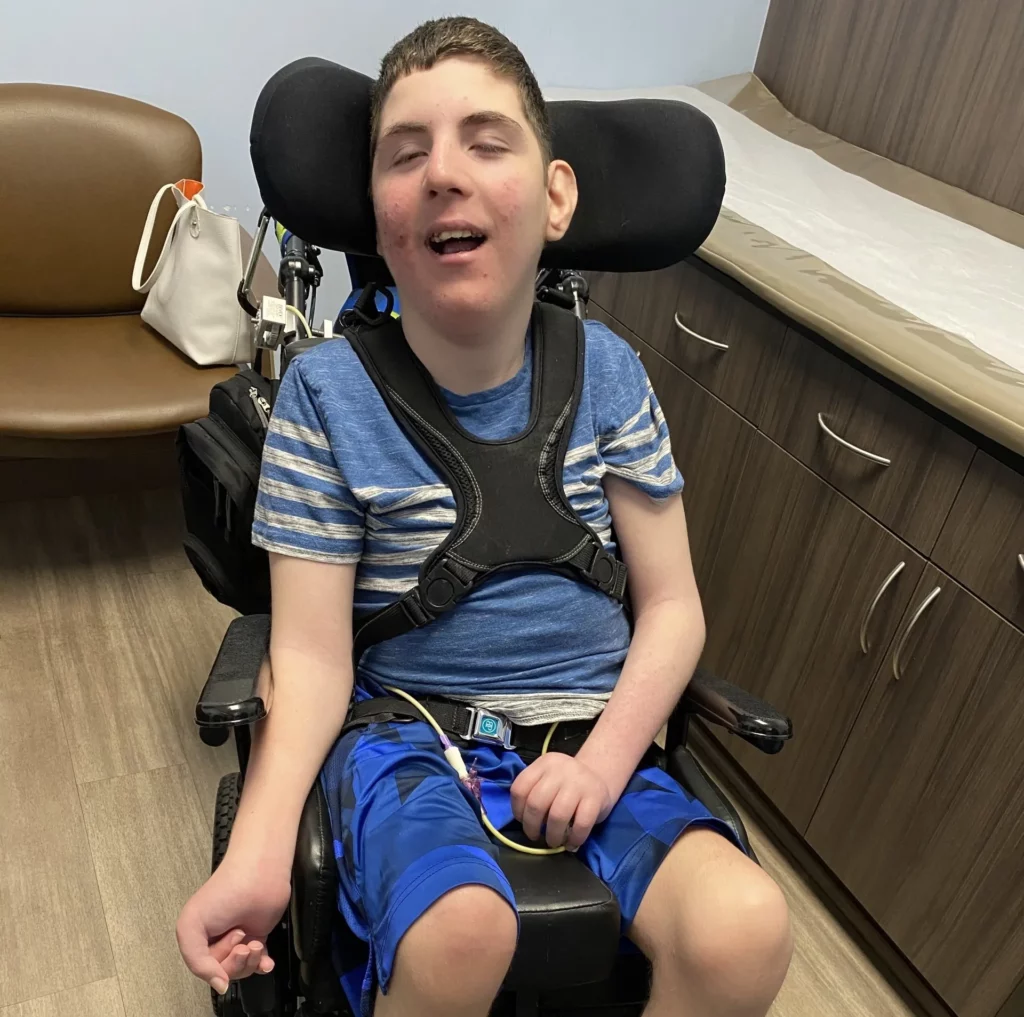Need support? Drop us an email

Spina bifida is a birth defect that happens when a baby’s backbone (spine) does not form normally. As a result, the spinal cord and the nerves that branch out of it may be damaged. The term spina bifida comes from Latin and literally means “split” or “open” spine.(kids health)
The severity of the neural defect can vary and spina bifida is classified into 3 types:
Problems associated with Spina bifida will vary according to the type, location and amount of nerve damage in the spinal cord.
Weakness in the limbs and muscles below the spinal level affected which impacts on the development of sitting, standing and walking.
Balance and coordination can be affected
Secondary issues such as scoliosis and contractures
How can Craniaa Physiotherapy help with Spina bifida?
Physiotherapy should commence as soon as possible in order to maximise a child’s potential and quality of life. Each patient is individually assessed and a treatment programme is designed to address areas of weakness or immobility.
At Craniaa our specialist physiotherapists provide treatment using the Universal Exercise System, also known as ‘spider cage therapy’ to maximise mobility and strength training.
Our therapists also provide advice on joint positioning footwear and the use of splints to anticipate, prevent and minimise contractures.
We can provide electrical muscle stimulation to improve muscle function.
Proprioception therapy is available using vibration plates.
We teach balance and coordination and use large soft play shapes to create soft obstacle courses.
Our core work at Craniaa is based on muscle strengthening to develop the efficient and purposeful movement that is essential to active daily living.
The spider cage allows us to use bungee cords, slings and pulleys to support our patient’s limbs during exercise and gait training (walking). Bungee supported standing, bouncing, walking and treadmill walking develop mobility skills in a safe, fun therapy based environment.
Strengthening programmes focus on upper and lower limbs, the trunk and core, weight bearing and hand function (fine motor skills).

Need support? Drop us an email
We are open on
Copyright © 2022 Craniaa Neuro Rehab Centre
Designed & Developed by AdMedia Technologies